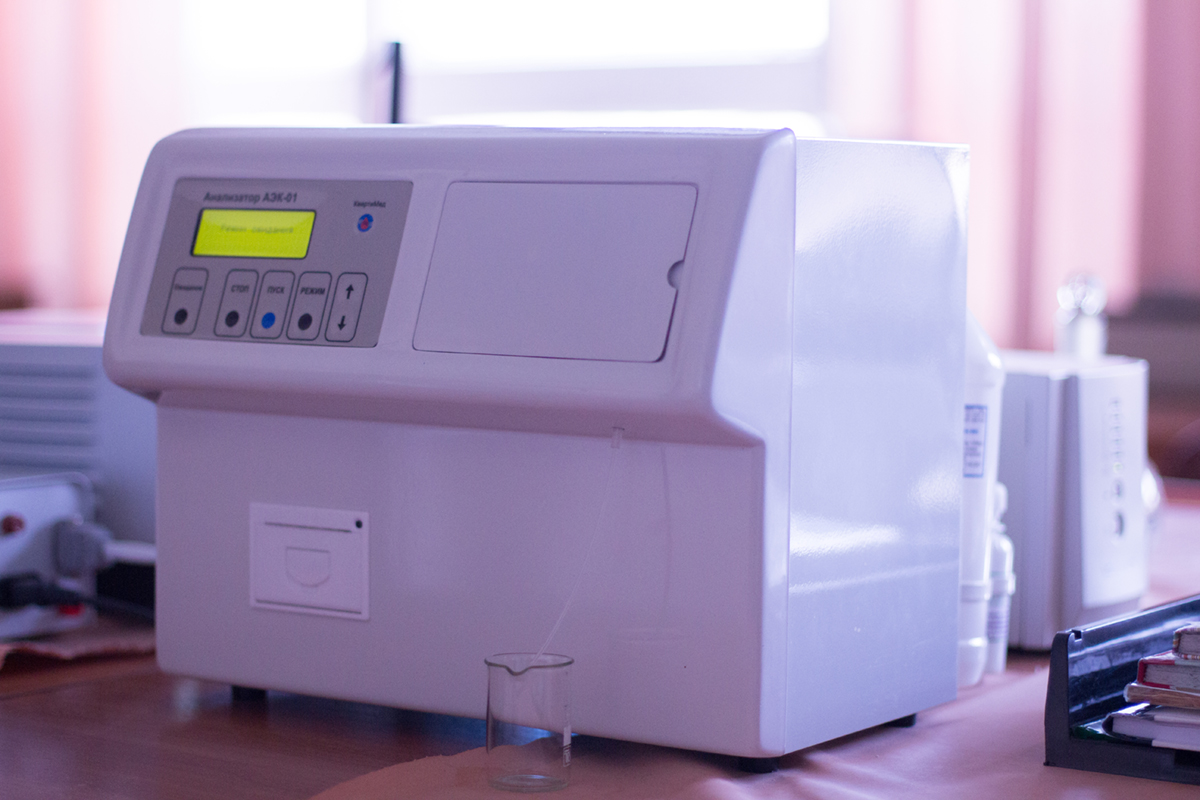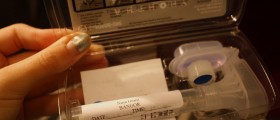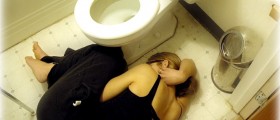
In terms of chemistry, an electrolyte is a substance composed of free ions, and therefore electrically conductive. Electrolytes commonly exist as solutions of acids, bases or salts. Electrolytes are extremely important to the proper functioning of human body. If there is an imbalance of electrolytes in the body, the internal environment of the living organism changes, leading to series of health complications. The role or electrolytes in the human body is to regulate myocardial and neurological functions, fluid retention and overall balance, oxygen exchange, acid-base balance, etc.
Causes of electrolyte imbalance
Too much or too little electrolytes in the body change its chemistry. Fluctuations in the levels of electrolytes are always associated with changes in the levels of water in the body. For this reason, older people are more likely to develop abnormalities in electrolyte levels as well as more likely to become dehydrated or over-hydrated.
Other disorders and medical conditions that may contribute to electrolyte imbalance are chronic obstructive pulmonary infection, pneumonia, diarrhea, nausea, rental malfunction and other severe conditions. Unhealthy eating habits, excessive use of alcohol, eating and hormonal disorders, or dehydration are also known causes of electrolyte imbalance.
Certain medications may also cause electrolyte imbalance. Diuretics, for example, increase the rate of urination and therefore provide a means of forced diuresis. Sometimes, this may lead to rapid changes in the levels of water in the body, leading to the excessive loss of electrolytes.
Symptoms of electrolyte imbalance
The main electrolytes in the blood are sodium, potassium, calcium, magnesium, chloride, phosphate, and carbonate. Any change in the levels of these minerals may cause the symptoms of electrolyte imbalance. Dizziness, cramping, confusion, sickness, muscle spasms and twitches, restlessness, losing consciousness, or dry mouth are all symptoms of an electrolyte imbalance.
Persons suffering from electrolyte imbalance may also have no need for urination for hours. If the electrolyte levels in the body change so radically, persons may even experience slow heart beats, seizures, palpitations, hypotension, difficulty to coordinate movement, and eventually coma.
Treatment of electrolyte imbalance
If any of the symptoms of the electrolyte imbalance is present, patient should do the effort to recover the optimum levels of water in the body by getting properly hydrated. Sport drinks or electrolyte drinks are also welcome, especially for physically active people. For severe symptoms it is necessary to consult a doctor, but a simple homemade electrolyte solution can do no harm. A simple solution of salt, sugar, and water may help to restore electrolytes quickly.

















Your thoughts on this
Loading...